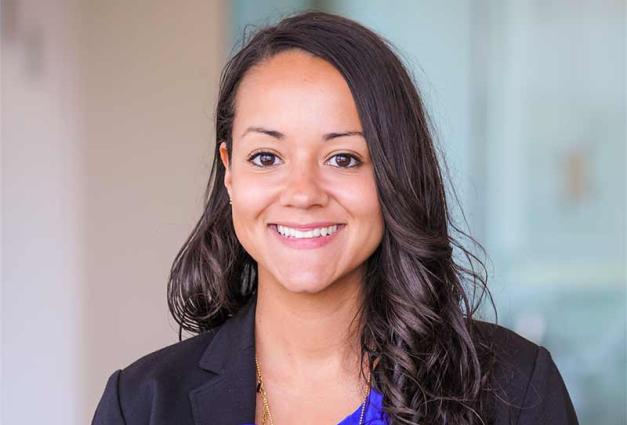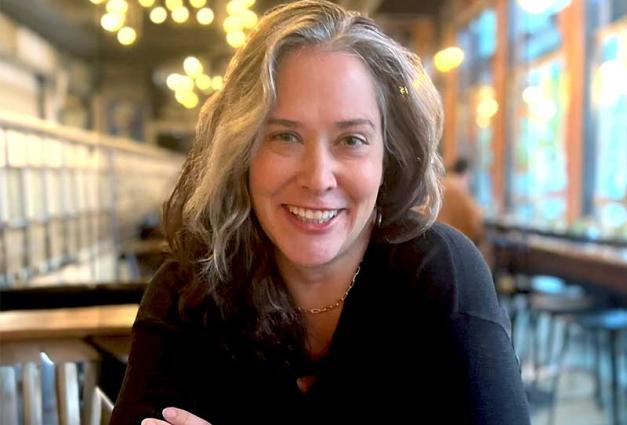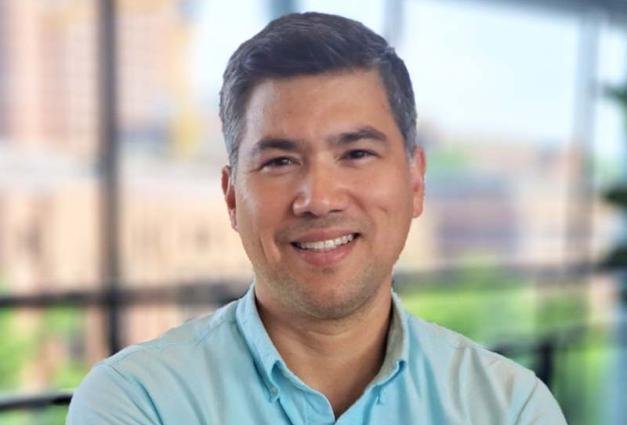Mansi Joshi is a doctoral candidate working with Dr. Amanda Diekman in the Social Roles Lab at Indiana University. She received her bachelor's degree with honors in psychology from Rutgers University, New Brunswick in 2017. Her research focuses primarily on how experiences, exemplars, and environmental cues guide people's pursuit of roles within science, technology, engineering, and mathematics (STEM). Her general research interests are centered around increasing diversity and inclusion by understanding people's beliefs about opportunities in STEM roles.
What led you to decide that personality and social psychology was the path for you?
I have always believed that in order to completely commit to something, you have to try it out first. In high school, my passion for creating and testing structures led me to take an introductory engineering class, but I quickly realized it was not for me. During my undergraduate years, my curiosity led me to pursue medicine. To fill a research requirement for medical school, I applied to work in a social psychology lab, and before I knew it I was hooked. Social psychology is incredibly innovative and challenges me to engage and work with issues that permeate the social spheres we live and work in.
What career path would you have chosen if you had decided to not pursue psychology?
The Summer Psychology Forum really opened my mind to the untapped potential of our research if it was combined with some coding. I find coding similar to the research process in that we connect ideas and design studies. I would probably choose a path in web design which could incorporate coding and my interest in organizing color schemes. As an avid graphic designer in high school, I enjoyed the collaborative nature of web design and coding.
What period in the academic year do look forward to the most?
After a brutal Midwest winter, seeing a gleam of sun in the spring is motivating enough to get new ideas flowing. The spring semester is also when most of us travel to conferences like SPSP and our lab especially looks forward to meeting up with old friends. Spring also means new applicants to the program, and it’s great hearing about the new students’ interests and the collaborative potential for the coming year.
What are your current research interests?
My current research interests focus on how perceptions of individuals within a role can influence others’ beliefs about the role. Specifically, I am interested in how facial perceptions of lab advisors can influence students’ decisions to enter into a science lab and beliefs about their anticipated treatment from the advisor. Another aspect of my research examines how informal exposure to science also influences beliefs about one’s role in science. I am interested in how early childhood sources of success and motivation in school and outside of school spaces influence beliefs about the individual’s abilities in a role. I also examine how small things in an environment, such as bulletin boards, reflect the culture of that environment and how they manifest into students’ self-reported beliefs.
Outside of psychology, how do you spend your free time?
I often spend my free time enjoying outdoor runs, cooking new recipes, or working on my garden. I also spend a great deal of time with my lab mates outside of the lab. We often spend weekends together doing new and fun things to get out of the repetitive daily schedule. Our lab does a great job highlighting that with hard works comes many celebrations—for successes and failures.
What’s the best life advice you've received?
It was about dealing with rejection. I think the type of people who enter graduate school are probably used to getting positive feedback through grades and awards. What I was not prepared for was how common failure and rejection was. The advice I had received was to not think of rejections as an end but as a redirection. The rejections I received were redirecting me to opportunities. This mindset helps solidify that the work we put in does not go to waste. Everything we have done—rejected or not—is still more than not having done anything at all.




